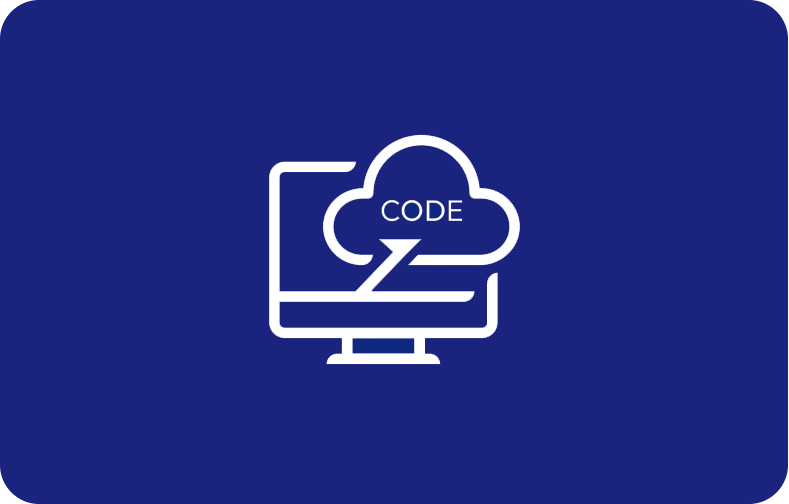Understanding Web Hosting Services - Comparison Between Virtual Private Server and Dedicated Server

Instead of shared hosting, you can take your hands to a separate or private space experience customized to your requirements. Understanding the difference between a dedicated server and a virtual private server is important.
Virtual Private Server (VPS) Hosting
VPS hosting involves virtualization technology that partitions one physical server into multiple virtual servers, each operating independently. Every private server is dedicated to resources, operating systems, and customizable configurations. VPS hosting bridges the gap between shared and dedicated hosting, offering more control, flexibility, and privacy than shared hosting plans. Our Cheap VPS Hosting plans are ideal for any business or website requiring more resources and performance but not an entire dedicated server.
Dedicated Server Hosting
In contrast, dedicated server hosting provides an entire physical server solely dedicated to users or customers. Dedicated hosting gives you complete control over the server's resources, configurations, and protection. This type of hosting is ideal for large websites with high traffic volumes, resource-intensive applications, or enterprises that demand maximum performance, protection, and control over their server environment.








.webp)
